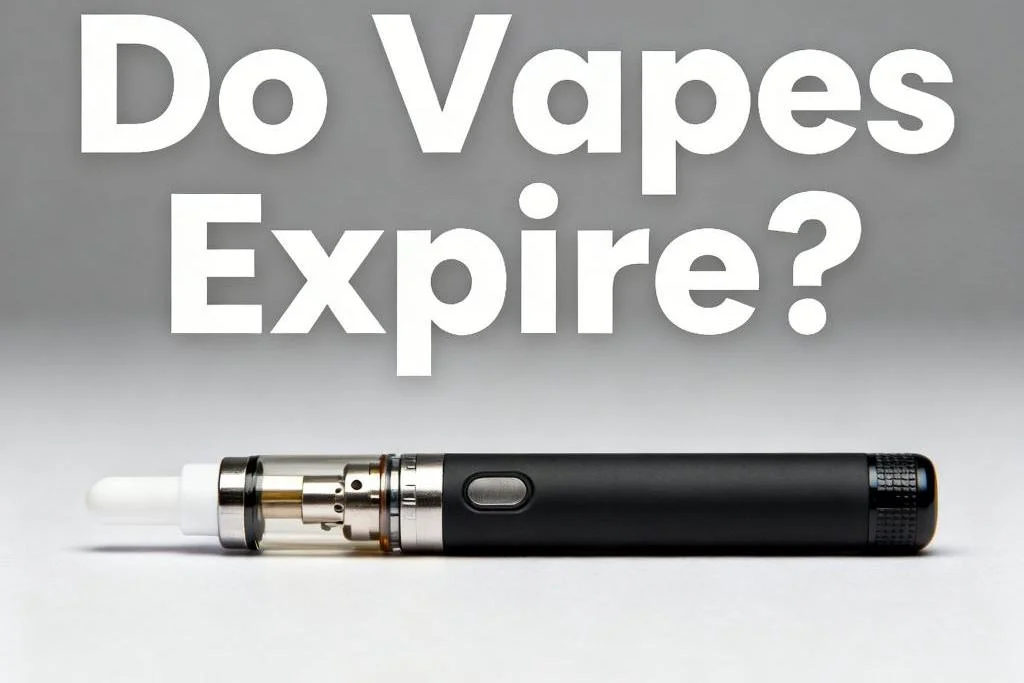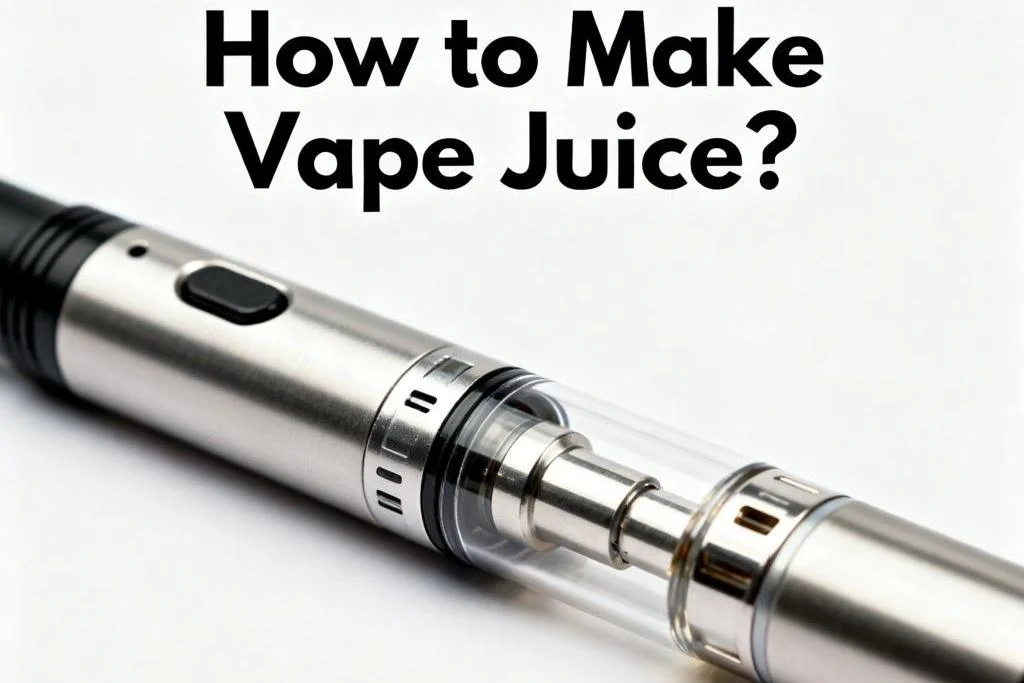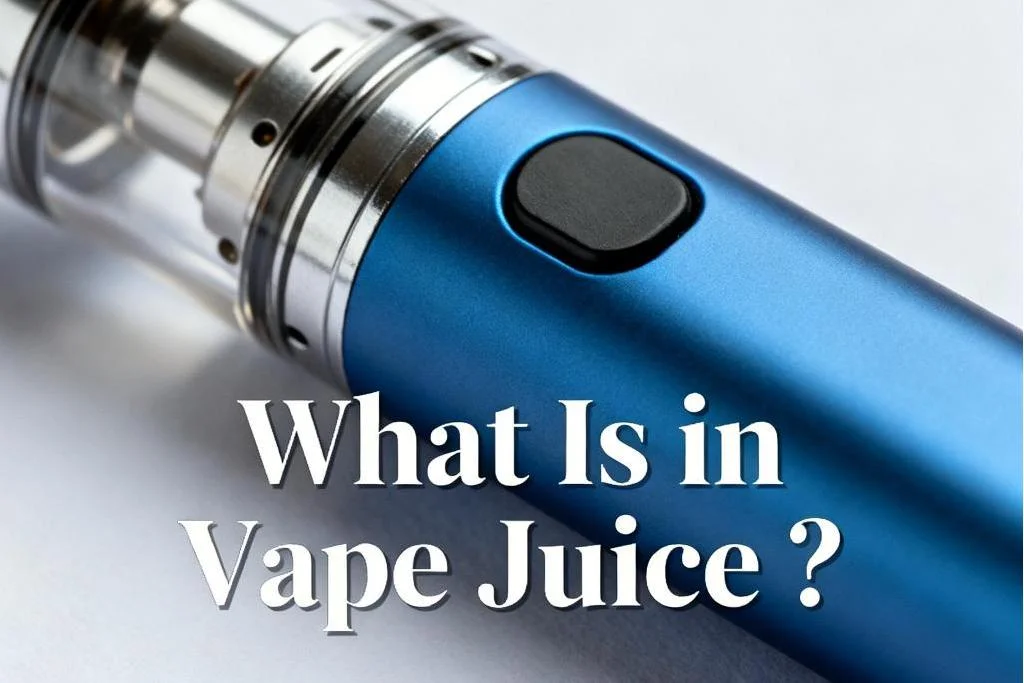Can You Vape Before Surgery?
10/21/2025, 1:58:44 PM 648
When preparing for surgery, patients are often told to stop smoking. But what about vaping? With more people using e-cigarettes instead of traditional cigarettes, many wonder if it’s safe to vape before surgery. Here’s what medical experts and anesthesiologists recommend — and why.
Why Vaping Before Surgery Is Not Recommended
While vaping is often perceived as less harmful than smoking, it still introduces nicotine, flavoring chemicals, and aerosolized particles into your body. These substances can interfere with your body’s ability to heal, breathe, and respond to anesthesia.
Nicotine in particular is known to constrict blood vessels, which limits oxygen flow to tissues. This can slow wound healing, increase the risk of infection, and cause complications during and after surgery. Even nicotine-free vapes may still irritate the lungs, potentially affecting oxygen exchange during anesthesia.
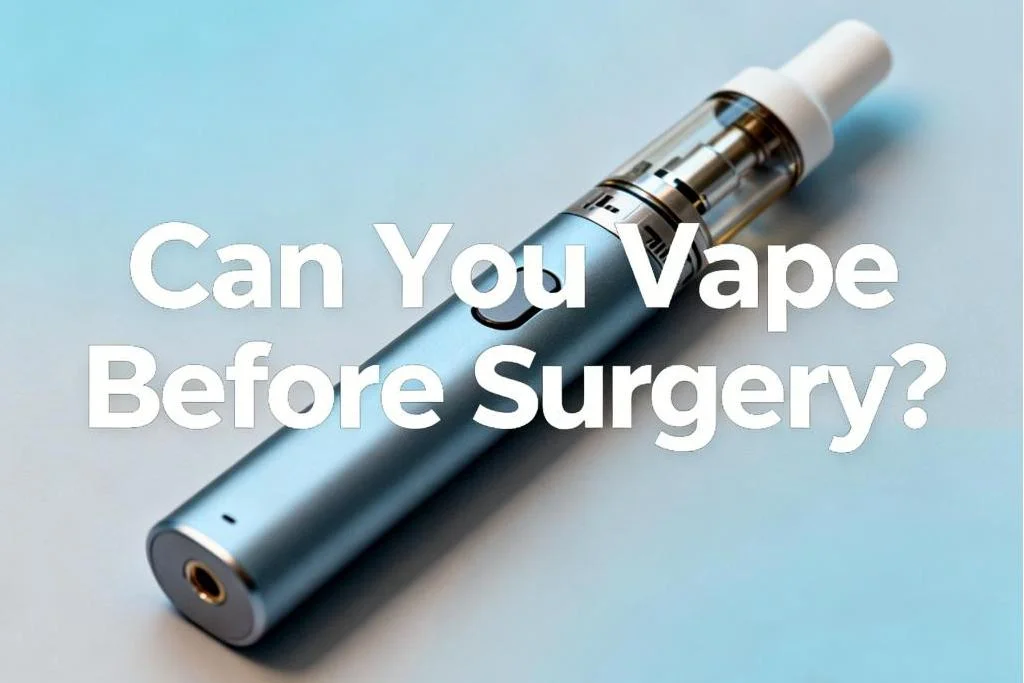
How Vaping Affects Anesthesia and Recovery
Anesthesiologists often advise against vaping in the days leading up to surgery. Here’s why:
- Lung irritation: E-cigarette vapor can inflame the airways, making it harder for anesthesiologists to manage your breathing during surgery.
- Increased mucus production: This can block airways and raise the risk of coughing or complications when you’re under anesthesia.
- Delayed healing: Reduced oxygen and blood flow slow tissue repair, increasing the chance of wound complications.
- Heart and blood pressure changes: Nicotine stimulates the nervous system, potentially raising heart rate and blood pressure during surgery.
When to Stop Vaping Before Surgery
Most surgeons recommend stopping at least 24 to 48 hours before surgery, but ideally, you should quit one to two weeks in advance for your body to clear nicotine and improve oxygen circulation. The longer you avoid vaping before surgery, the better your lungs and cardiovascular system will function during recovery.
If you’re scheduled for major procedures — such as dental surgery, cosmetic surgery, or general anesthesia — your surgeon may request a longer vaping break.
What to Do If You’ve Recently Vaped
If you’ve vaped recently and have a surgery appointment coming up, tell your doctor or anesthesiologist. Being honest about your vaping habits helps them adjust your anesthesia and monitor your breathing more effectively. Never hide vaping or smoking use, as it can directly affect your safety during the procedure.
Your healthcare provider may also recommend nicotine replacement therapy (NRT), such as patches or lozenges, as a temporary aid to manage cravings before surgery.
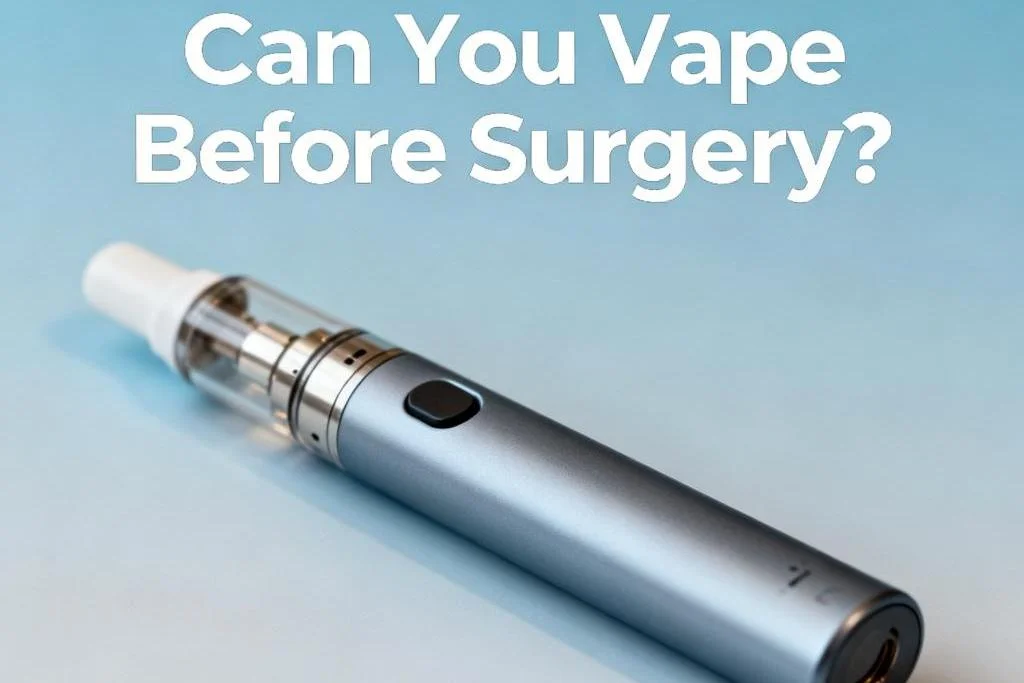
Can You Vape After Surgery?
It’s best to avoid vaping until you’ve fully recovered, especially if your procedure involved your lungs, mouth, or surgical wounds. Vaping too soon can irritate healing tissues, cause coughing, and delay recovery. Your doctor can tell you when it’s safe to resume, depending on your condition and surgery type.
Conclusion
Vaping before surgery is not recommended because it can interfere with anesthesia, breathing, and wound healing. The nicotine and chemicals in vape aerosol restrict blood flow, irritate the lungs, and slow recovery, increasing the risk of complications during and after surgery. Doctors advise stopping vaping at least one to two weeks before an operation to give your body time to clear nicotine and restore normal oxygen levels. Even nicotine-free vapes can irritate airways and affect anesthesia, so it’s important to inform your surgeon or anesthesiologist if you vape. Avoid vaping after surgery until your doctor confirms it’s safe, as doing so too soon can delay healing and cause respiratory issues.
FAQs
1. Can you vape 24 hours before surgery?
It’s not recommended. Even 24 hours may not be enough time for your body to clear nicotine and restore normal oxygen levels.
2. Is vaping without nicotine safe before surgery?
Not entirely. Nicotine-free vapes can still irritate the lungs and airways, increasing the risk of breathing complications during anesthesia.
3. Can vaping affect anesthesia?
Yes. Vaping may alter how your body responds to anesthesia and increase respiratory sensitivity during surgery.
4. When is it safe to vape after surgery?
Usually after your doctor clears you — typically several days to weeks post-surgery, depending on the type of procedure and recovery progress.
5. Should I tell my surgeon that I vape?
Absolutely. Disclosing your vaping habits ensures your anesthesiologist can plan safely and monitor for potential complications.




